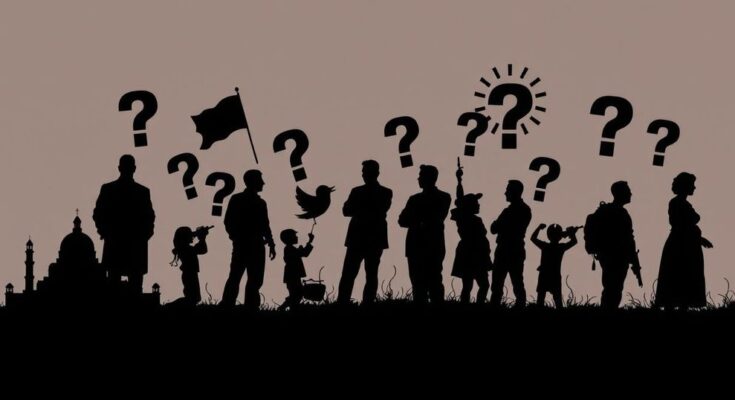Summary
In the wake of the recent legislative elections that saw the Nouveau Front Populaire momentarily rise to fame, a poignant question looms over the left: did it squander its golden opportunity? As they stand at the precipice, grappling with the consequences of their uncompromising stance, the left faces an existential dilemma—is it still equipped to govern? Stéphanie Roza, a researcher at CNRS and a philosopher, argues in her latest work, “Marx Against the Gafam,” that the left has forsaken one of its cornerstone values—work itself. She warns that for the left to reclaim its majority status, which is steadily slipping away, it must rekindle its bond with the working class. “A clear narrative on work is essential,” Roza insists, criticizing the left’s current anti-reform rhetoric regarding retirement that, while noble, lacks substance. “It’s not enough to simply protest against labor’s burdens; we must delve into the significance of work in society and human existence. Yet, we see a shift towards rhetoric that seeks to liberate from labor, not redefine it.” Deep-seated rifts plague the left, a reality often cloaked by the surface-level unity of the Nouveau Front Populaire’s program. Roza notes that stark divisions simmer beneath, marked by contentious issues like the Ukrainian crisis, the Israeli-Palestinian conflict, secularism, and nuclear energy. She champions the idea that the left ought to attract the working classes through unifying themes, primarily the value of work, rather than getting entangled in divisive chatter about identity or rehashing intricate conflicts. Frédéric Sawicki, a political science professor at the University of Paris I Pantheon-Sorbonne, reflects on the inherent diversity of the left. Such diversity brings differences in strategies and social compositions among the various left-wing parties, fueling debate over protectionist policies or nuclear energy. Yet, he posits that history shows the left’s capability to unite, having witnessed past alliances between Socialists and Communists during periods of greater ideological chasms. “There was a time when leftist hegemony was strong—first with the Communists, then the Socialists. Currently, no single faction dominates, leading to a fragmented partisan landscape.” As the left stands before the mirror of its own making, it must confront the hard truths of unity and identity. It’s a tale of a legacy at a crossroads, where the echoes of its historical triumphs must stir to life the possibility of a resurgence—if only it can find common ground amidst the cacophony of discord.
Original Source: www.radiofrance.fr
